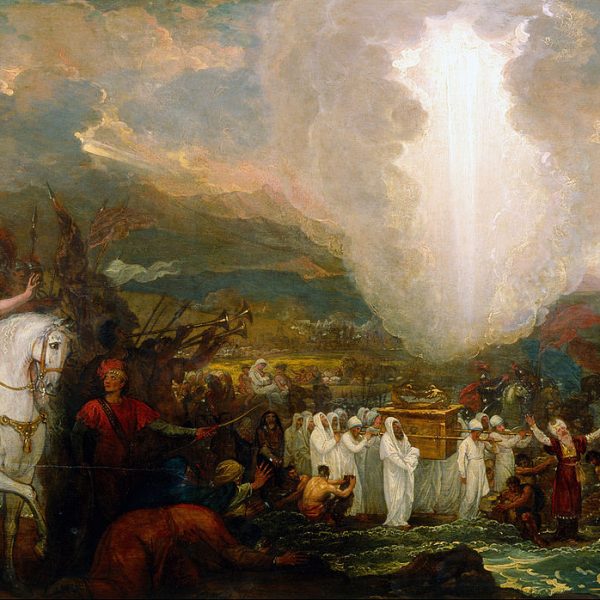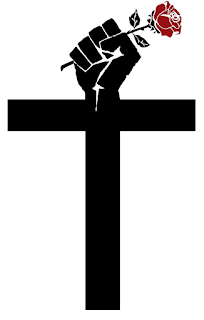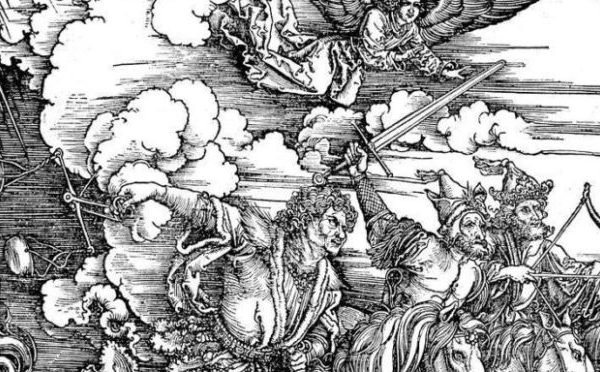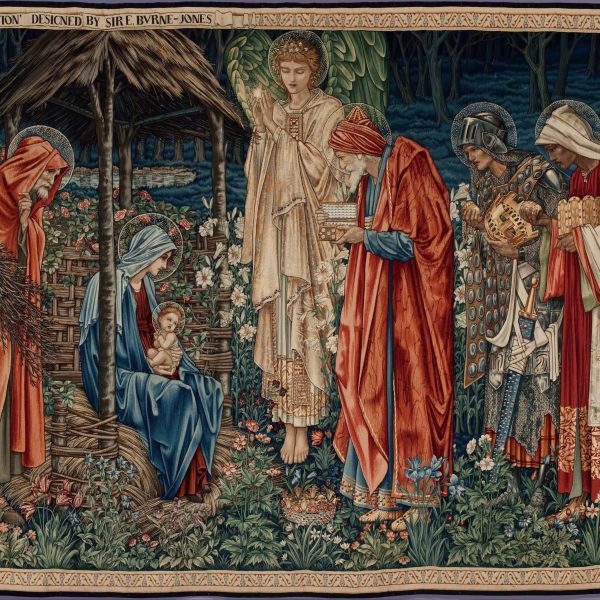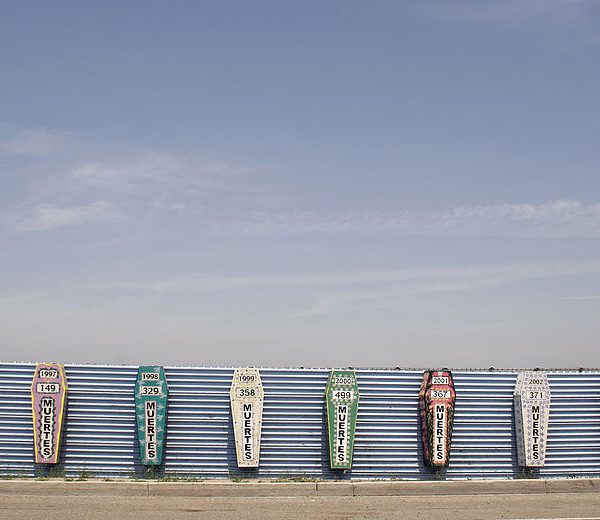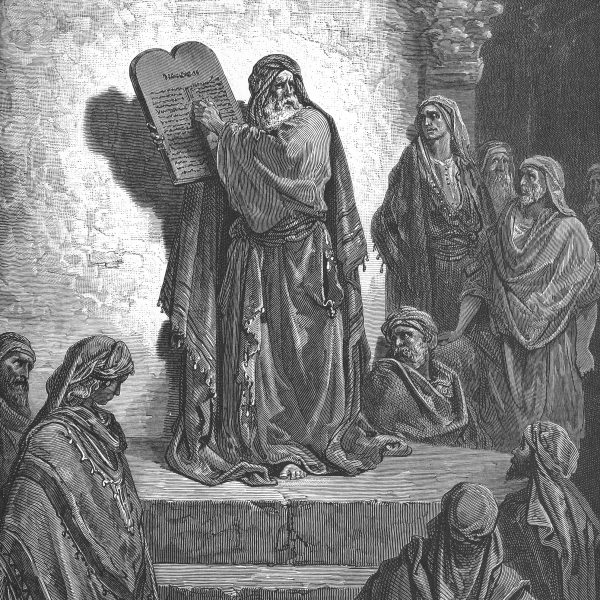
Nehemiah 8 reminds us that hearing the word of God is an occasion for joy, not sorrow and regret.

New issues from the twentieth year of our journal feature articles from editorial board member Bonnie Honig, a special issue on Pragmatism and Political Theology, book reviews and more.
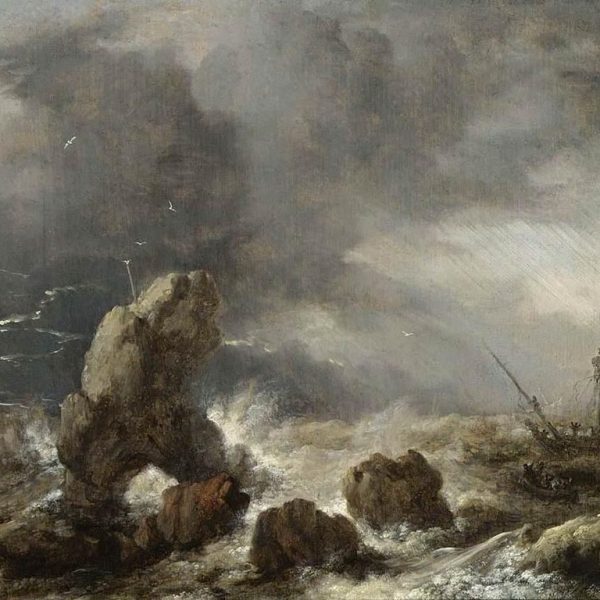
Bookended by the call to ascribe glory and strength to the Lord, and the answering request that the Lord give strength and blessing to his people, Psalm 29 offers us a vision of good rule.

Life in God is defined by a joyous freedom of movement, a loving and adventurous invitation to the dance of the Spirit. The book of Acts is witness to those who accepted this invitation like Peter, moved to go to a Gentile centurion’s home, thus initiating a new ministry with global implications beyond his ken.

